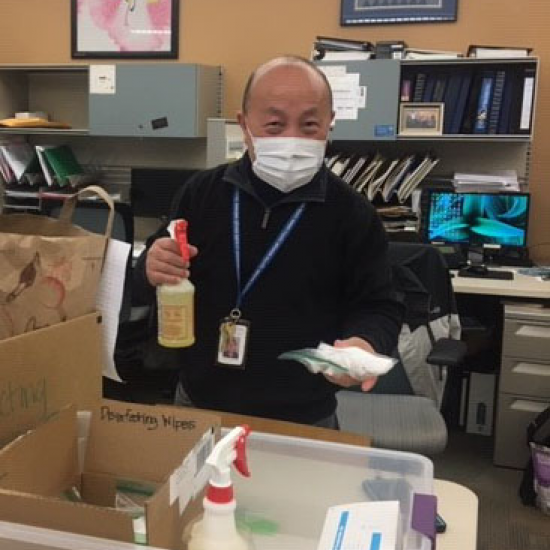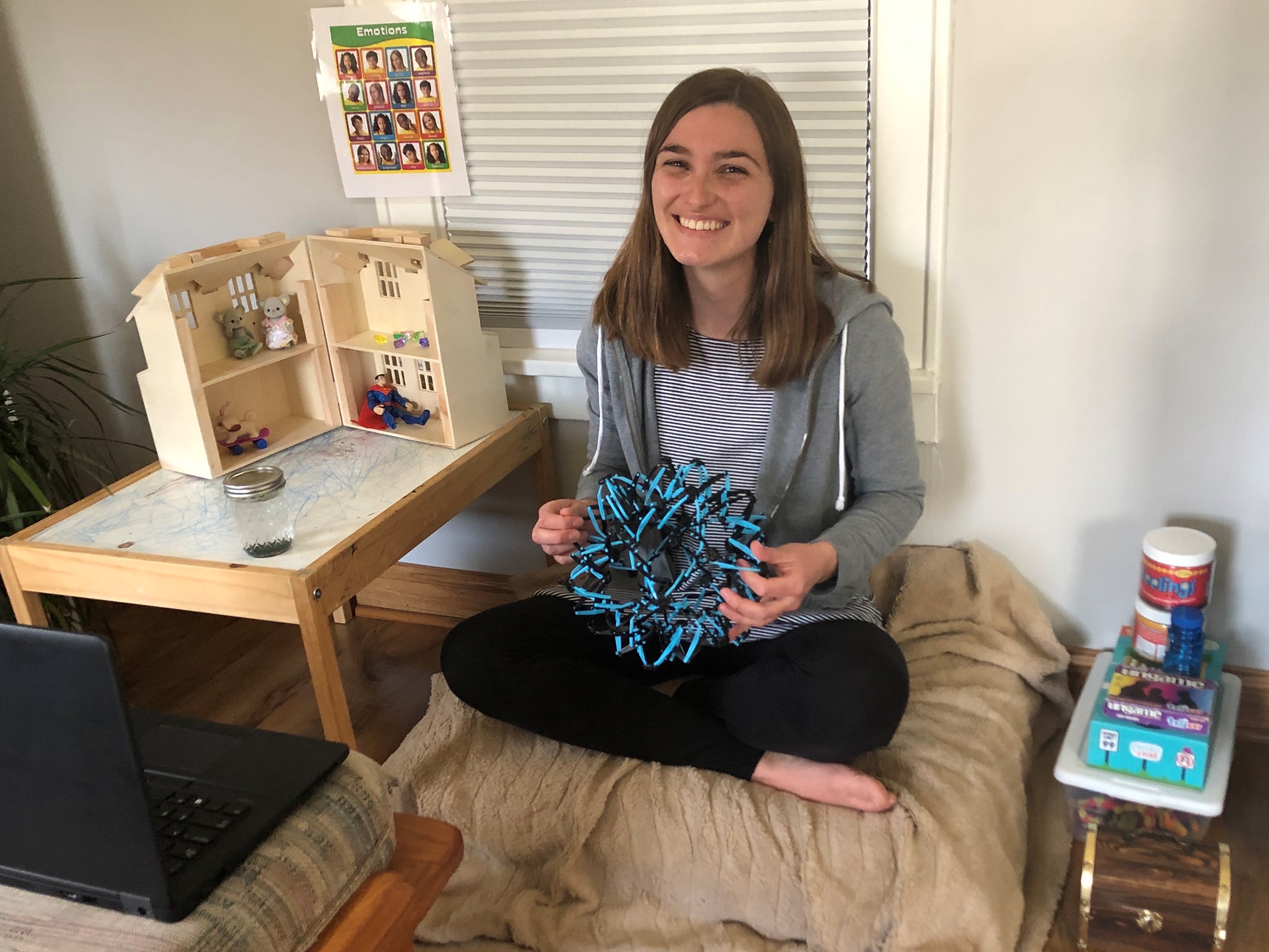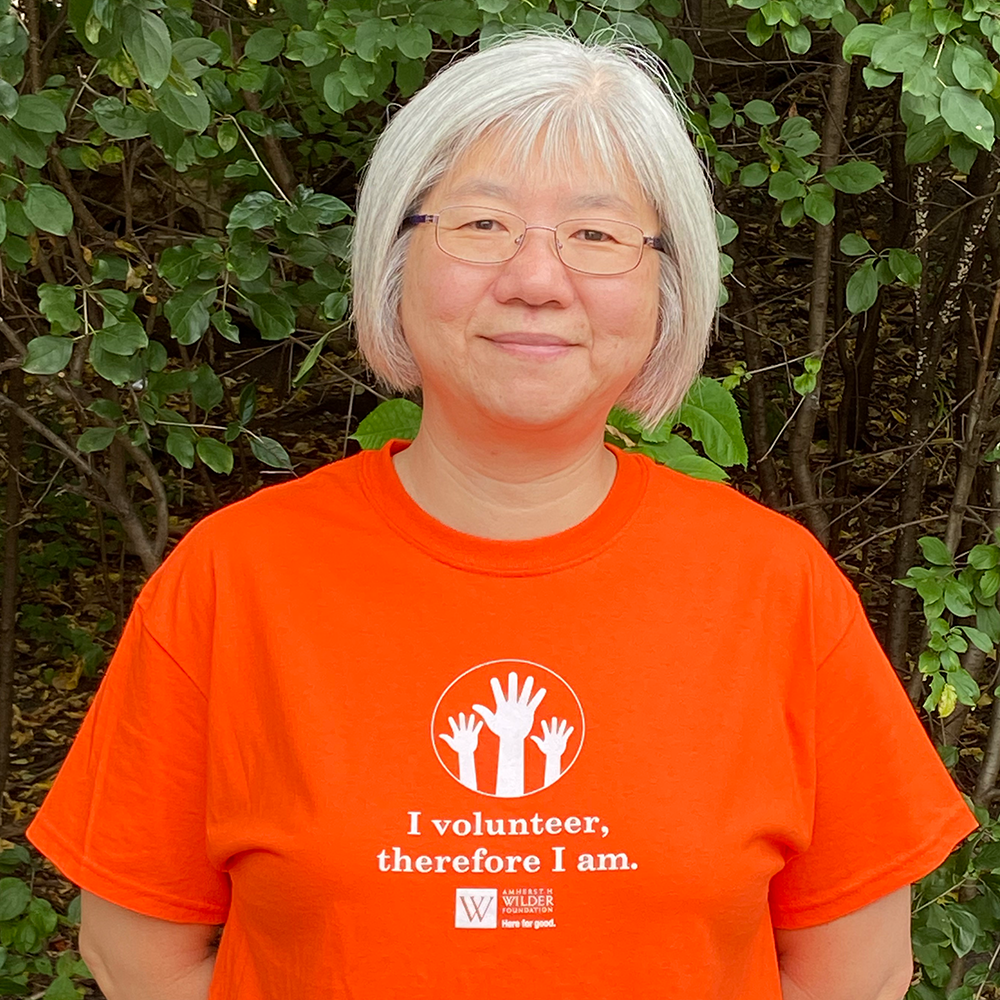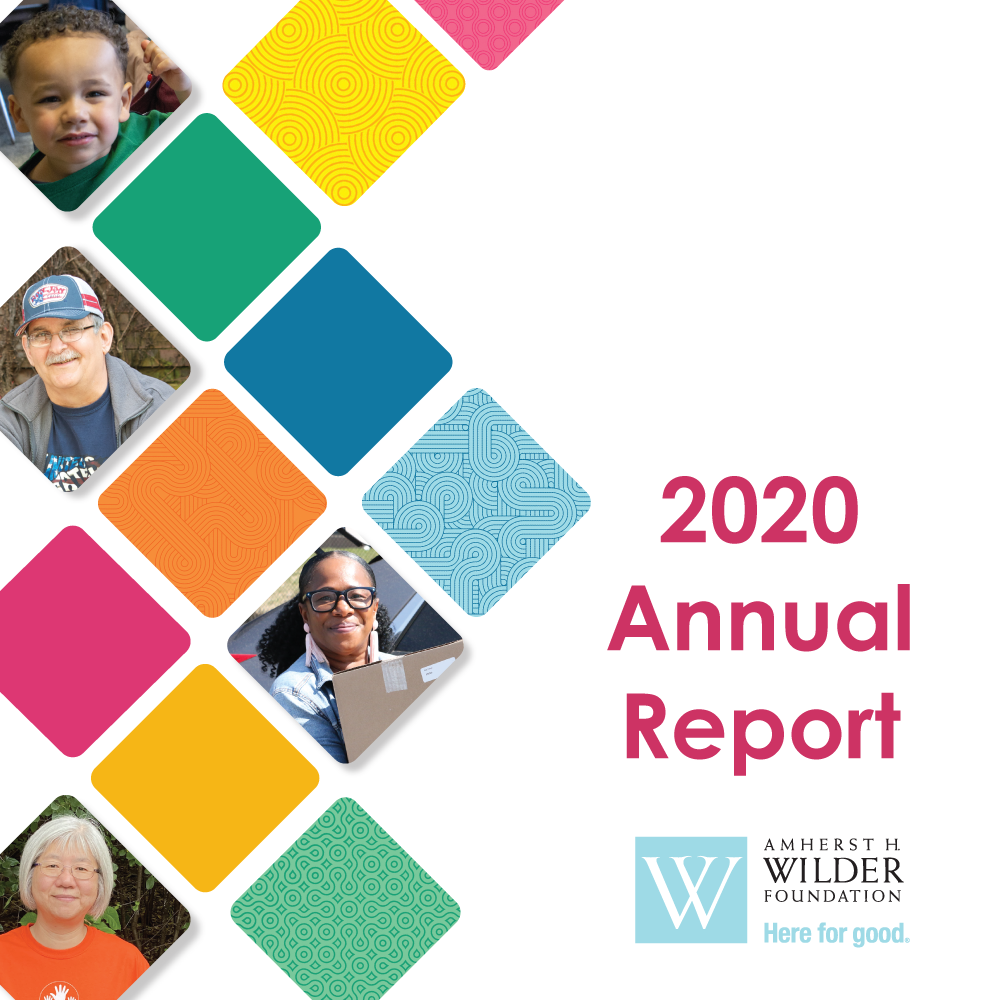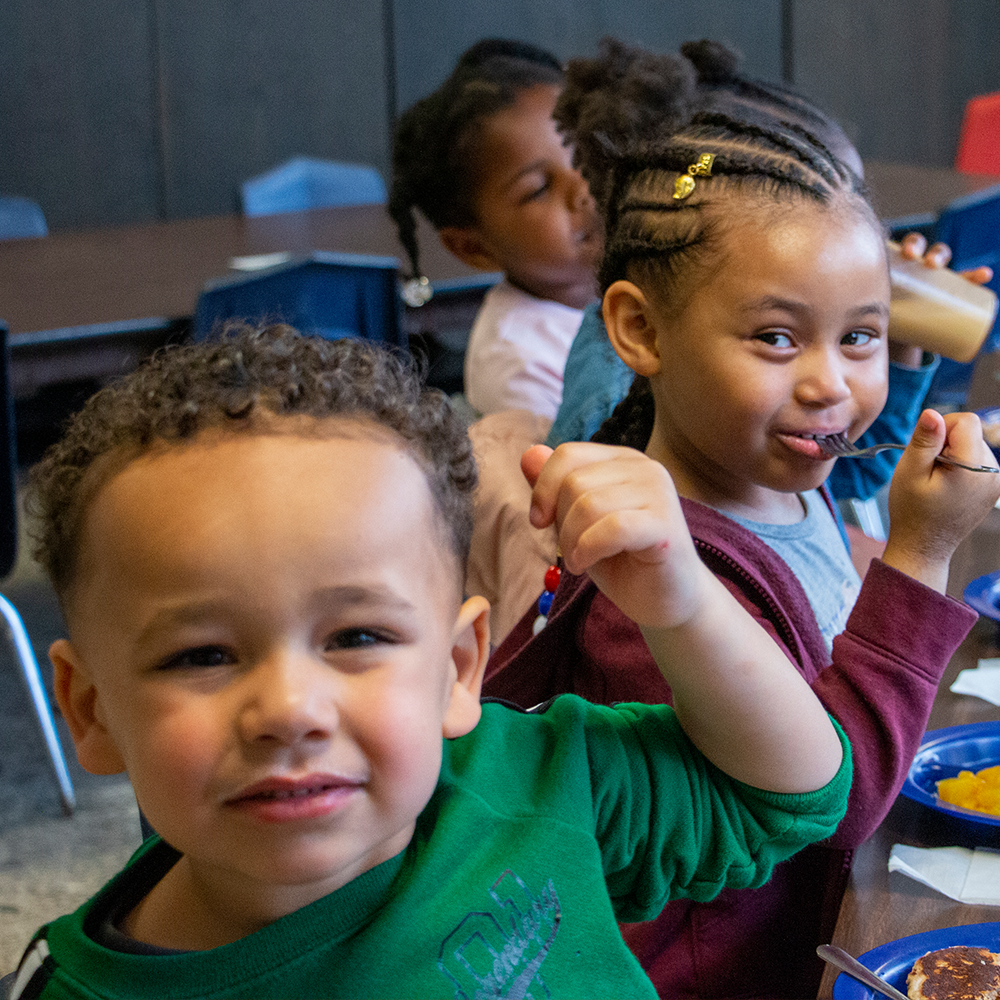Wilder Mental Health Forges New Ways of Connecting with Telehealth
In a usual year, Wilder provides mental health and recovery services to more than 2,000 children, families and adults in the mental health clinic at Wilder Center, in schools and in the community.
2020 was no ordinary year.
The coronavirus upended in-person client meetings when it arrived in Minnesota in March. At the same time, the strain of the pandemic deepened existing mental health needs and created new needs where none existed. Wilder’s team of counselors, case managers, therapists, nurses and prescribers knew there would be an urgent need for accessible mental health services that balance physical safety and overall wellness. At the start of the pandemic, they paused to make and implement a plan that was carefully coordinated to meet clients’ needs by telehealth.
Pahoua Yang, vice president of Community Mental Health and Wellness, and other Wilder staff were among a group of mental health professionals who worked with our local and state government on changing regulations to make telehealth more accessible. Within Wilder, staff worked to make sure clients could access the mental health services they need by video, including adjusting billing practices, identifying and testing technology—even purchasing phones for clients who lack access or funds for technology. With these acts of ordinary magic, providers are now popping into clients’ lives through screens.
